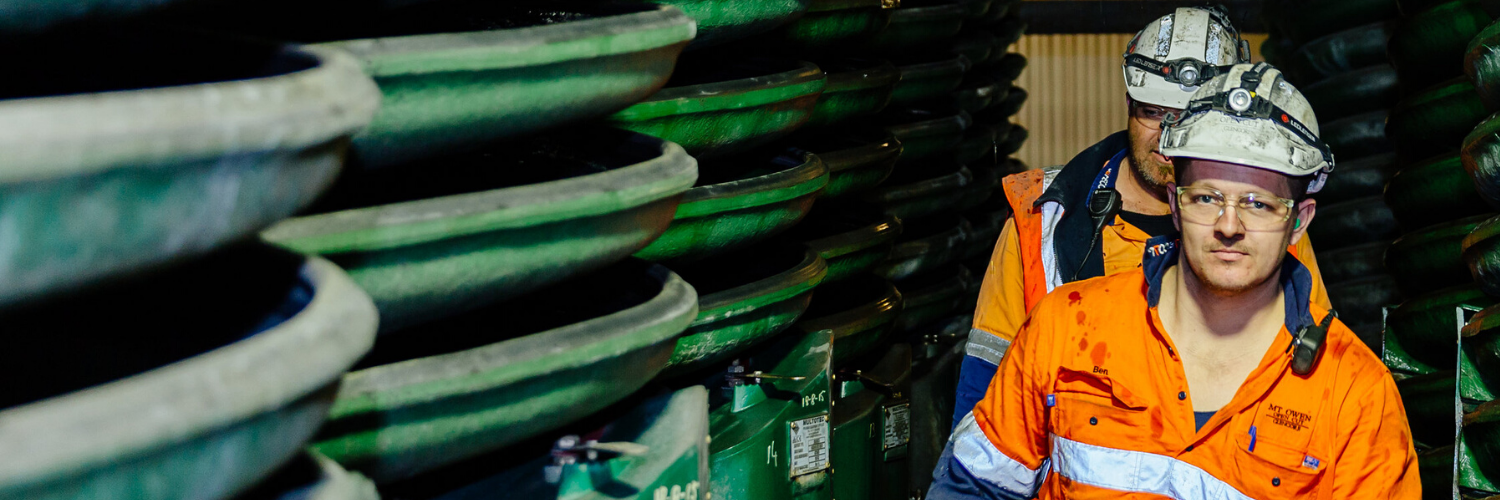Page
Private sector still key to COVID bounce-back
Opinion Piece by NSW Minerals Council CEO Stephen Galilee
Originally published in The Daily Telegraph, 24/11/20
‘This sort of reckless spending must stop,\’ thundered Kevin Rudd from the podium at his 2007 election campaign launch in Brisbane. He was accusing the Howard Government of too much government spending ahead of the November 2007 election.
The great irony is that after his victory, Kevin Rudd then presided over one of the most disastrous periods of reckless government spending in living memory.
In response to the global economic crisis Rudd delivered a stimulus package that included cash handouts to everyone, including dead people, the horrendous pink batts scheme that led to a royal commission, and the infamous ‘Building the Education Revolution’ program that involved massive overspending on school toilets and outdoor shading.
It just goes to show that throwing truckloads of public money at hastily planned projects does not always end well, regardless of the short-term stimulus it can provide.
Last week, the NSW Treasurer handed down the State Budget. Like the Federal Budget it was nothing short of stimulus spending on steroids.
The NSW Budget will inject billions into the NSW economy, including fast tracked infrastructure spending worth billions for Sydney and the regions, payroll tax relief for small businesses, and food and entertainment voucher handouts for everyone.
Given the current economic challenges related to COVID-19, most would view this spending as appropriate for the times. However, while the massive public spending will no doubt help stimulate the economy, it is private sector spending that will ultimately determine the long-term sustainability of our recovery.
The levels of public spending we are currently seeing can only go on for so long. This was recognised by the Treasurer, who told parliament that “public spending is not a permanent solution”.
These remarks suggest the Treasurer knows that what NSW ultimately needs is sufficient levels of private investment that delivers organic, dynamic, self-sustaining jobs growth.
Or to put it another way — “give someone a restaurant voucher and they can eat out for a day, but give them a job and a wage and they can feed their family indefinitely”.
Not all sectors of the economy can deliver large-scale private investment – but mining certainly can.
Indeed, a key element of the Budget included the diversion of future mining royalties into a dedicated debt reduction fund, highlighting the importance of future tax revenue from mining projects funded by private investment.
While big public spending in the Budget will provide a short-term stimulus, private investment in large projects like these will be needed to deliver sustainable jobs, increased economic activity and provide long-term taxation revenues for the NSW Government.
Several key commitments support this approach, including funding to expand the NSW government’s investment attraction efforts, build export markets, and to improve planning assessment time frames.
Government stimulus will be important as our state recovers from the COVID-19 crisis. However, without the right policies that support private sector investment over the coming decade, we will be unable to lock in the economic growth NSW will need to rebuild.

